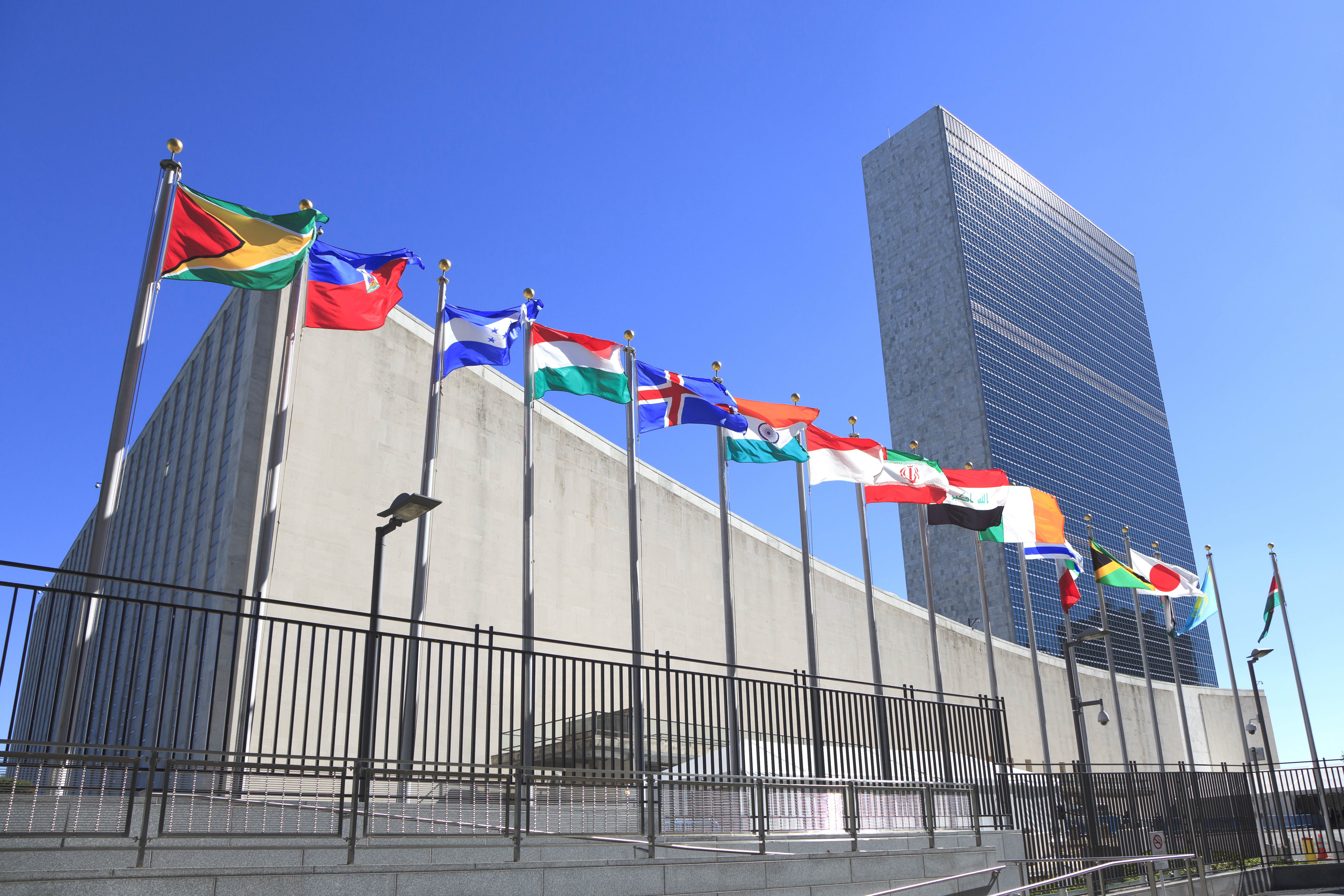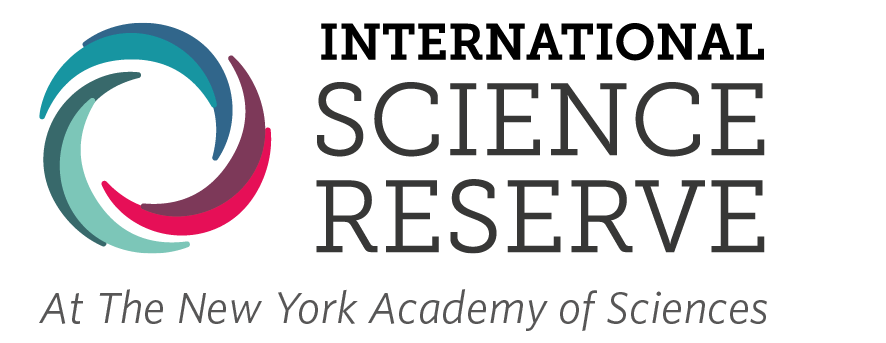In step with the UN on science for sustainable development
by ISR Staff

For a United Nations discussion of the role of science in solving the world’s most urgent problems, the International Science Reserve (ISR) convened a panel of experts from the ISR network, across academic, private and public sectors. The recording is now available on-demand (viewing instructions below).
The panel was moderated by Mila Rosenthal, Executive Director of the International Science Reserve, and included:
- Nicholas Dirks, President & CEO, New York Academy of Sciences, ISR Executive Board Co-chair
- Erwin Gianchandani, Assistant Director for Technology, Innovation and Partnerships National Science Foundation, Federal Liaison to the ISR
- Tracy Marshall, University of the West Indies St. Augustine Campus. Trinidad and Tobago, ISR Science Community Member
- Philip Nelson, Director, AI for Social Good, Google AI, ISR Executive Board Member
The webinar was part of the United Nations General Assembly’s Science Summit, where we discussed how the ISR can help in fast-moving climate and health-related crises to protect progress on the UN Sustainable Development Goals – the Global Goals – and limit the damage to communities and habitats.
When a crisis hits, the International Science Reserve will help scientists in our network get additional access to specialized human and technical resources, like remote sensing, geospatial mapping and high-performance computing, so that they can apply their research for crisis response.
Here are two big takeaways from the discussion:
1. Human networks are key, and they need to include everyone to make sure that science and technology is aimed at helping the most vulnerable people and most fragile environments.
2. You can’t just throw money at a crisis and expect rapid response solutions. You have to learn from previous experiences and prepare in advance.
For example, the ISR is keeping the life-saving public-private connections made during COVID-19 alive in order to prepare for the next crisis.
—
Do you want to watch the whole webinar? Here are three steps to rewatch the panel through the ISR Science Unusual series on-demand:
- Register for the webinar using this link
- Then, click “Join Event”
- After logging in, select the “Schedule” menu, or the grid menu (small squares) on mobile, located at the top of your screen, then click “On Demand”


